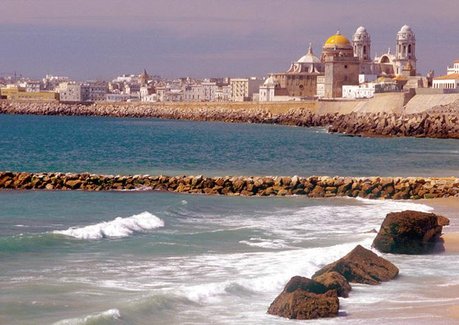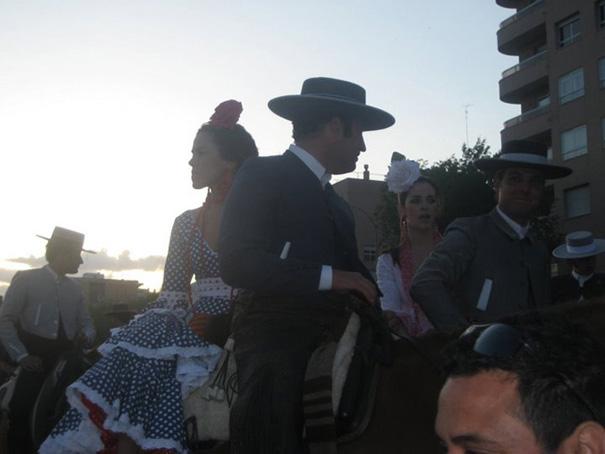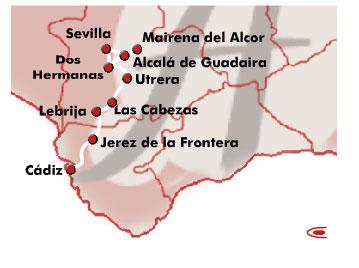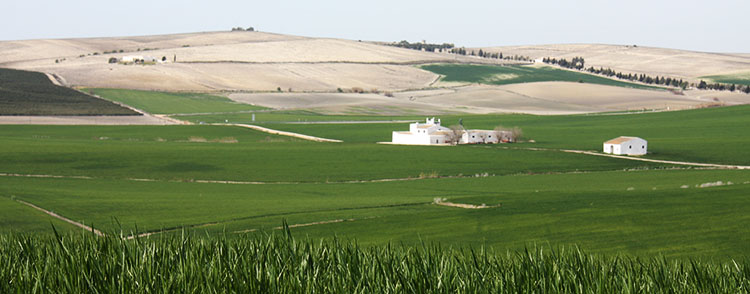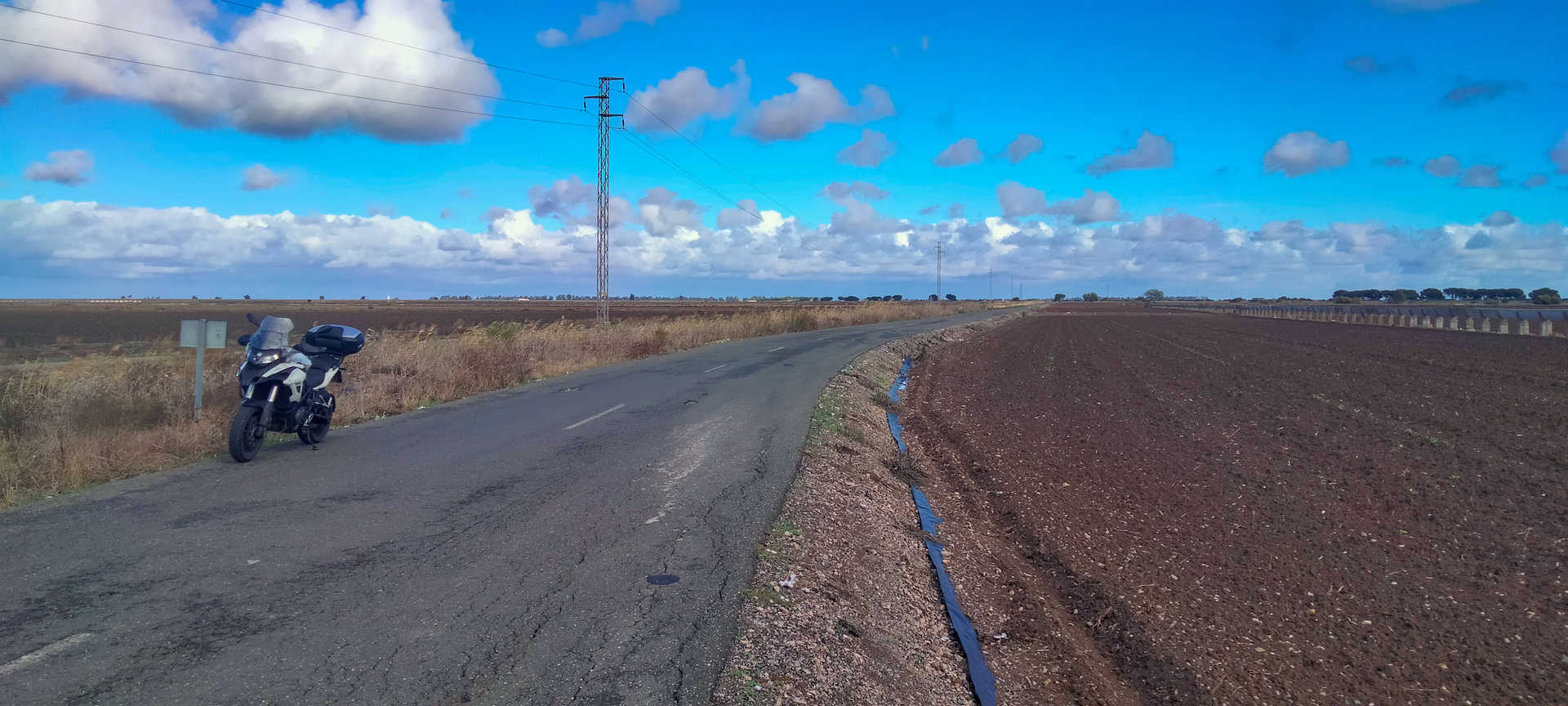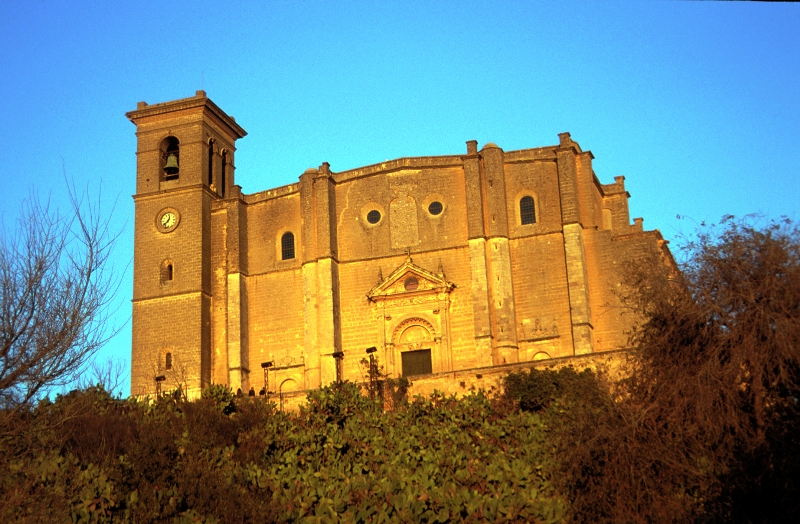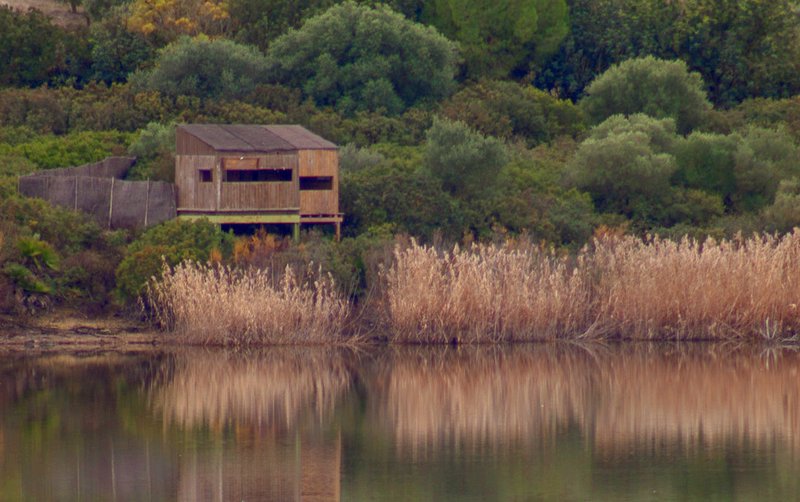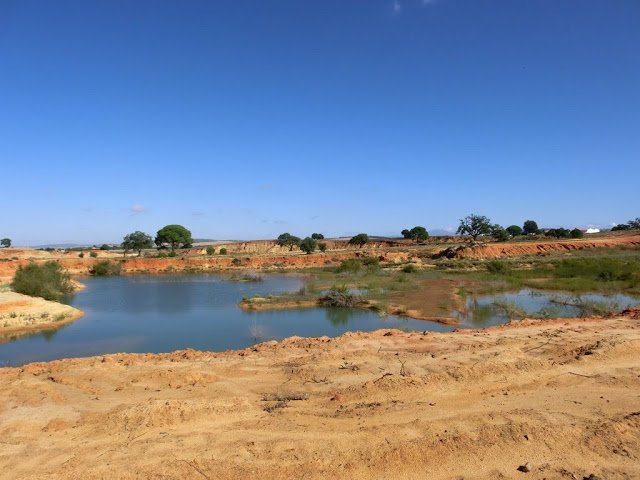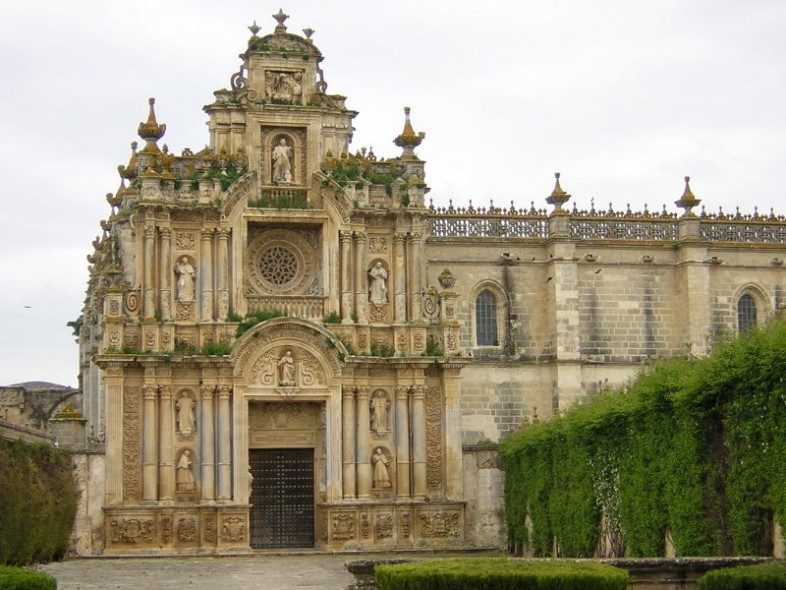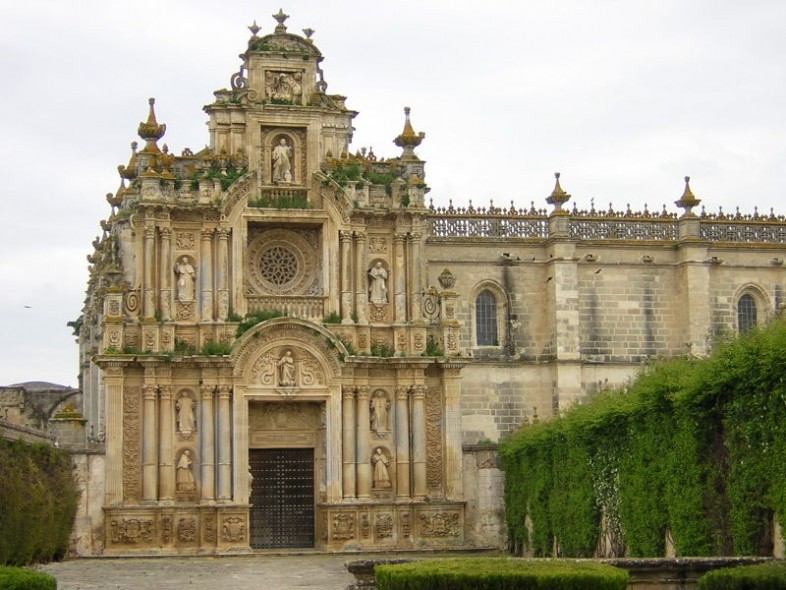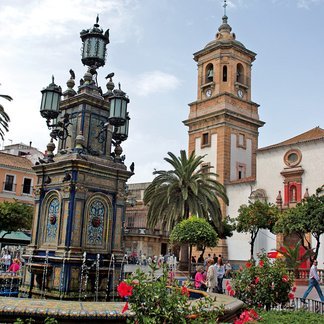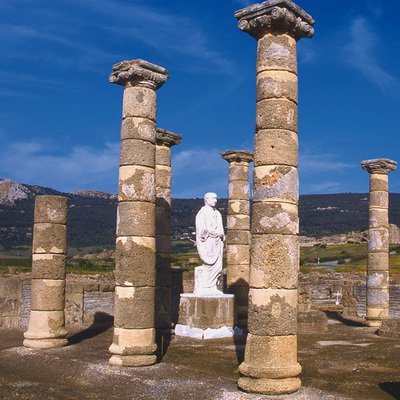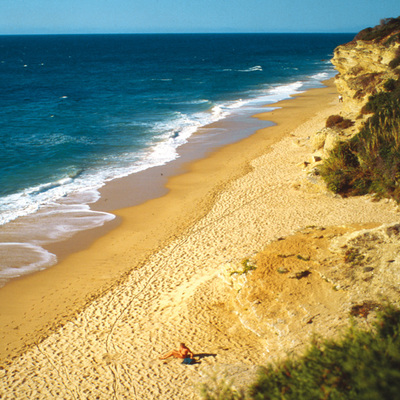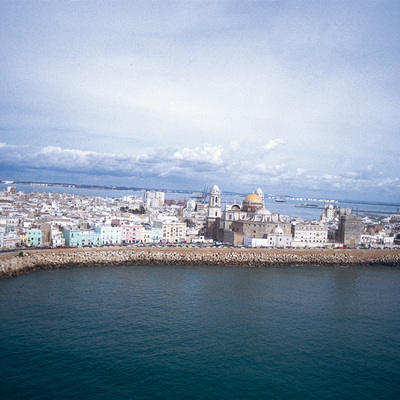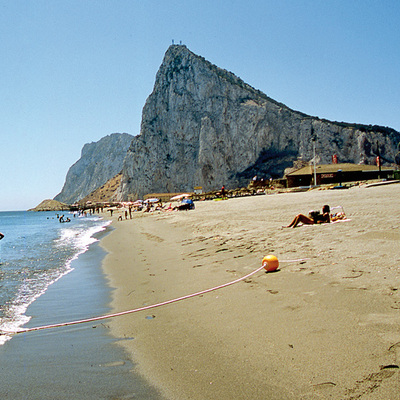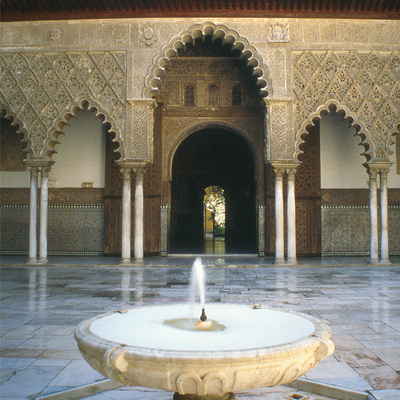IE-022.2 La Cartuja–Jerez de la Frontera
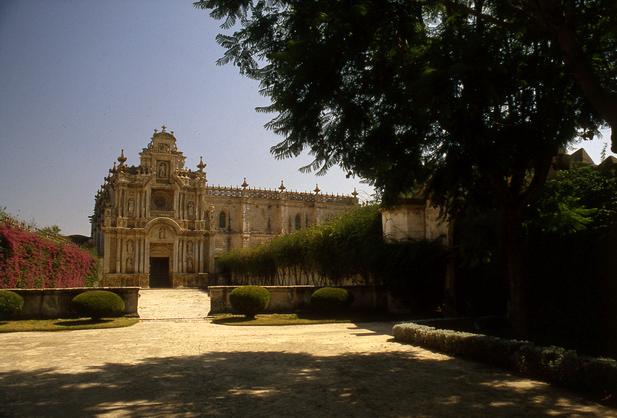
Although the charms of the Campiña Jerezana (the Jerez region countryside) are beyond any doubt, the main attraction is the IE-022.2 La Cartuja–Jerez de la Frontera architectural complex, the Carthusian Monastery of Santa María de la Defensión, the most important religious structure in the province. This route is very near IE-022.1 Laguna de Medina–Las Pachecas, a route that will shortly be opened.
At the international level, the Jerez countryside is known due to its Designation of Origin wine, which can be tasted on the Jerez Region, but also due to its natural wealth, because it is irrigated by the Guadalete River and features some wetlands, such as the Lagunas (Wetlands) of Medina and Torrox. The route partly goes through the City of Jerez' "own" highlands, which is the start of the Los Alcornocales Cork Oak Forest Reserve.
Route
The itinerary starts in the eastern part of the Historic Monument of La Cartuja, a late Gothic period building from the 15th century. After enjoying its artistic value, we continue the road heading north.
The route runs parallel to the Salado stream–also known as Salado de Caulina–which flows through a large area located to the northeast of the city of Jerez, between the Sierra del Gibalbín, the Llanos de Caulina, and the right bank of the Guadalete river. Following the route, we do not go toward the left toward Los Albarizones, Montealegre, and Montealegre Alto, but rather veer right toward the Canal del Guadalcacín. Later, we turn in the western direction–without leaving the channel along La Teja. The last part of the route is northward towards El Clérigo, where it concludes.
Type of Trail: Linear (two-way). Status of the Trail: Approved and signposted. Total length: 4 km. Starting point: Historic Monument of La Cartuja. Finishing point: Jerez de la Frontera.
Itineraries
Services and infrastructure
Target audiences
Segments
Season
You may be interested
